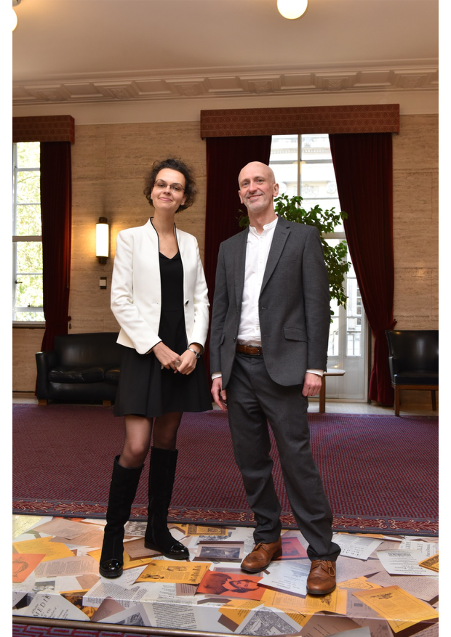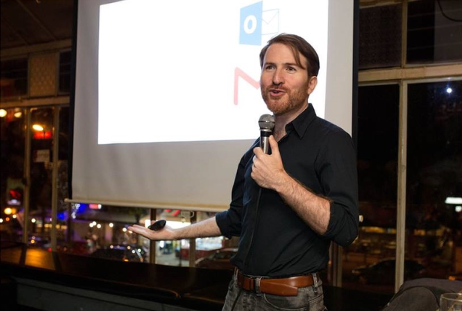This is the eighth and final blog in a series of blogs showcasing the Birkbeck 2020 Public Engagement Awards winners and highly commended participants. This project was announced as Highly Commended in the category ‘Transforming Culture and Public Life’.

In February 2019 the Competition and Markets Authority (CMA) published a working paper on the impact of hospital competition on rates of patient harm in the English NHS. The Health Foundation examined the central conclusion of the CMA paper – that the research provides ‘further empirical evidence that competition ultimately benefits patients’ – finding that this cannot be substantiated from the analysis. Dr Beckert’s project outlines how more rigorous well-designed research is needed to measure the impact of competition on the quality of care.
The CMA is responsible for overseeing all proposed mergers involving NHS Foundation Trusts. The Enterprise and Regulatory Reform Act (2013) also significantly altered the regulation of competition and mergers by moving it from sector-specific oversight by NHS bodies and placing it within the remit of national competition regulation law, under the control of the CMA. The CMA’s remit currently includes the review of all proposed mergers involving NHS Foundation Trusts (assessing the potential for benefits to patients relative to a potential loss of benefits arising from reduced competition) and the power to block those mergers where insufficient evidence of patient benefit has been demonstrated. To date the CMA has allowed all the NHS mergers it has considered, with one controversial exception: the proposed merger between the Poole Hospital NHS Foundation Trust and the Royal Bournemouth and Christchurch Hospitals NHS Foundation Trust. The critical evaluation of the CMA’s methods to scrutinise mergers is therefore important and timely.
The main insights from Dr Beckert’s work with regard to the CMA’s approach are that it provides an underdeveloped understanding of the context in which the NHS in England operates; an underdeveloped theory of change as to how competition might lead to better outcomes; it uses suboptimal data; it uses suboptimal methods; and it draws conclusions that are unjustifiable in light of the questionable methods and data.
These insights go beyond the CMA’s present study: the CMA’s approach is shared by many similar studies by academics, economic consultancies and health market regulators. Thus Dr Beckert’s work is aimed at improving how future investigations are carried out, with a view to the empirical methodology, the data employed and the overall understanding of the healthcare sector. In doing so, the project combines the expertise of researchers in health services, health economics and competition economics, and econometrics and quantitative methods. The interdisciplinary nature of the project and the research team is a testimony to the complexity of the research task and, possibly, a blueprint for empirical research in the area of policy analysis in the future.
Birkbeck commends Dr Walter Beckert and his external partners on this critical study, which was Highly Commended in this year’s Public Engagement Awards in the Category ‘Transforming Culture and Public Life’.
Further information:



